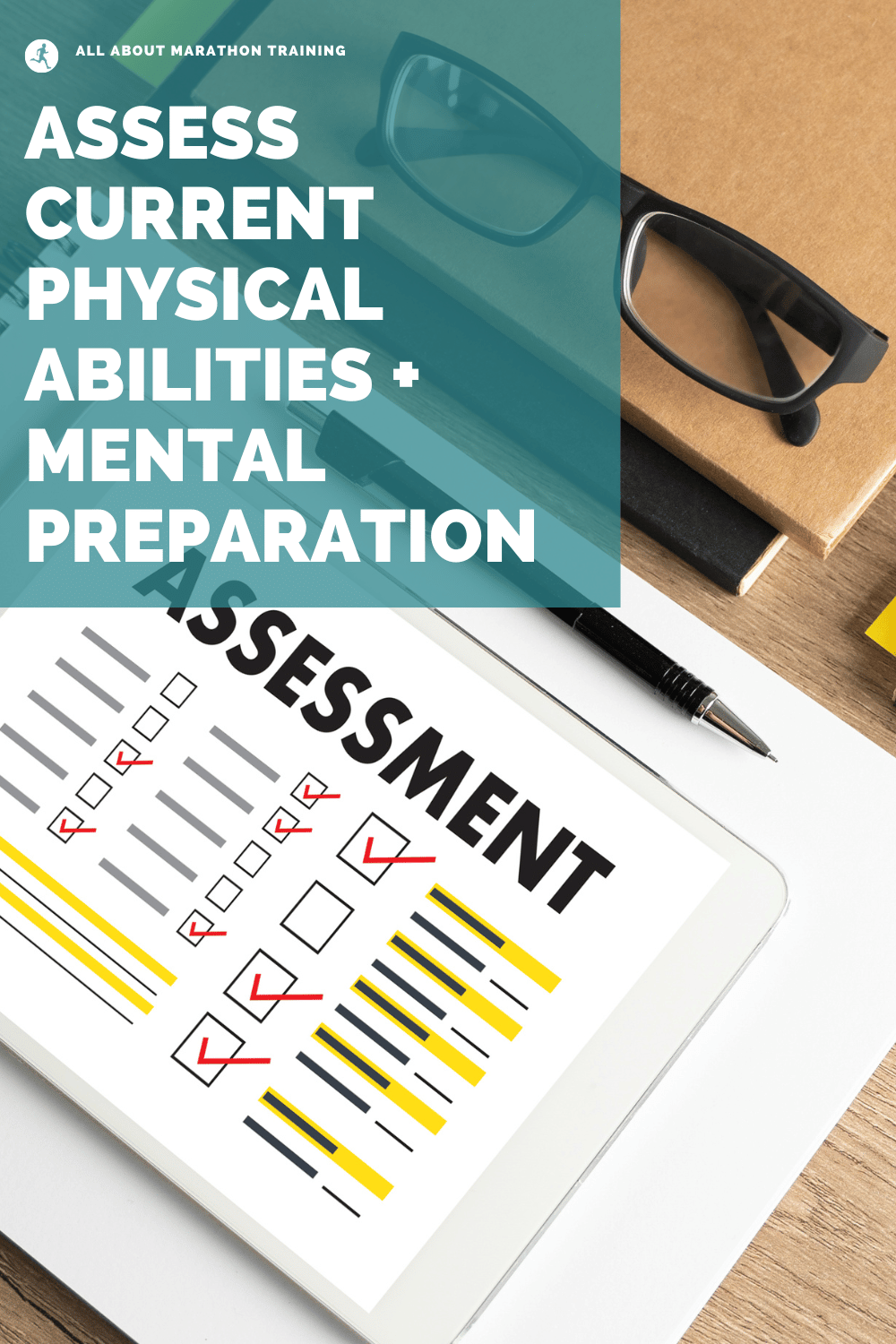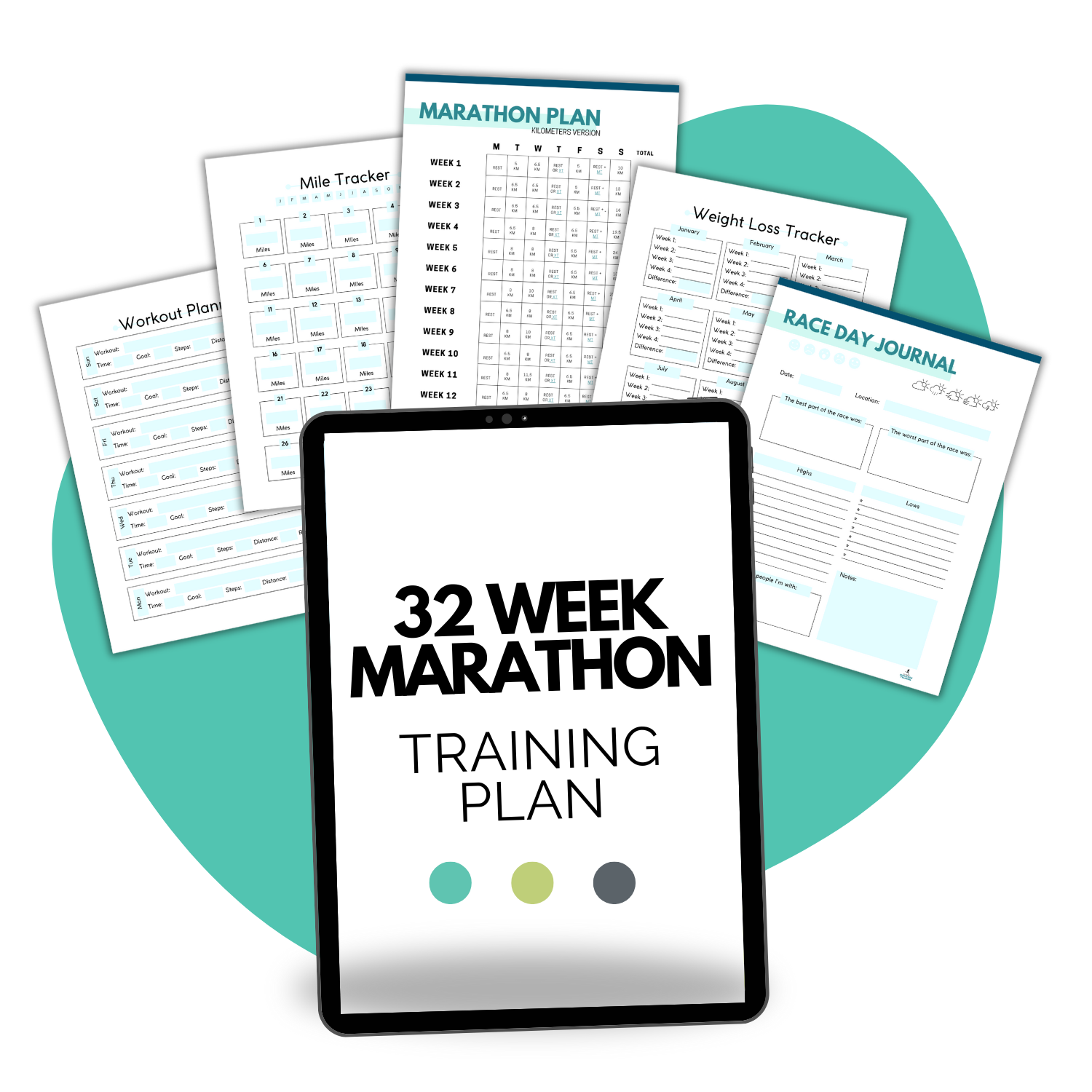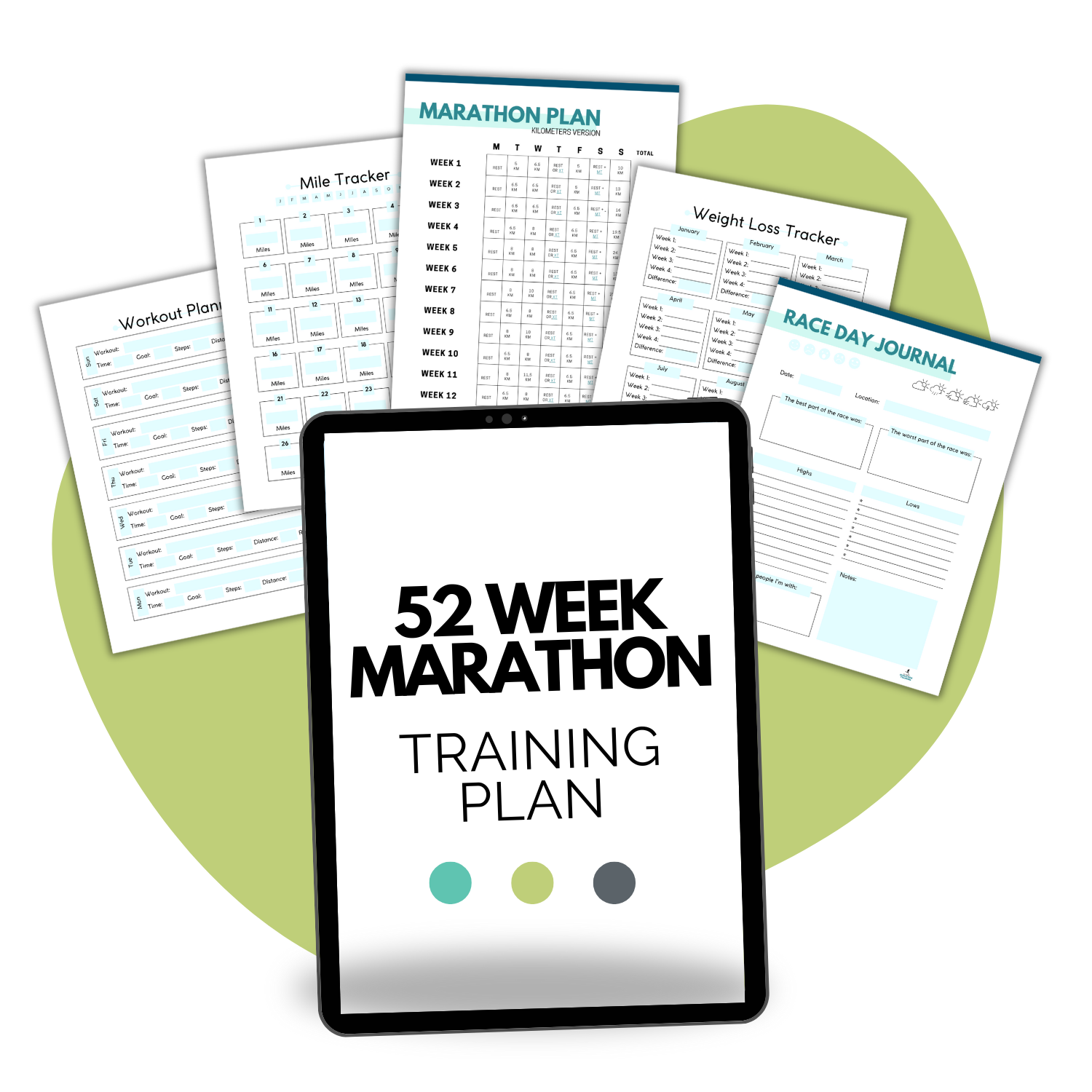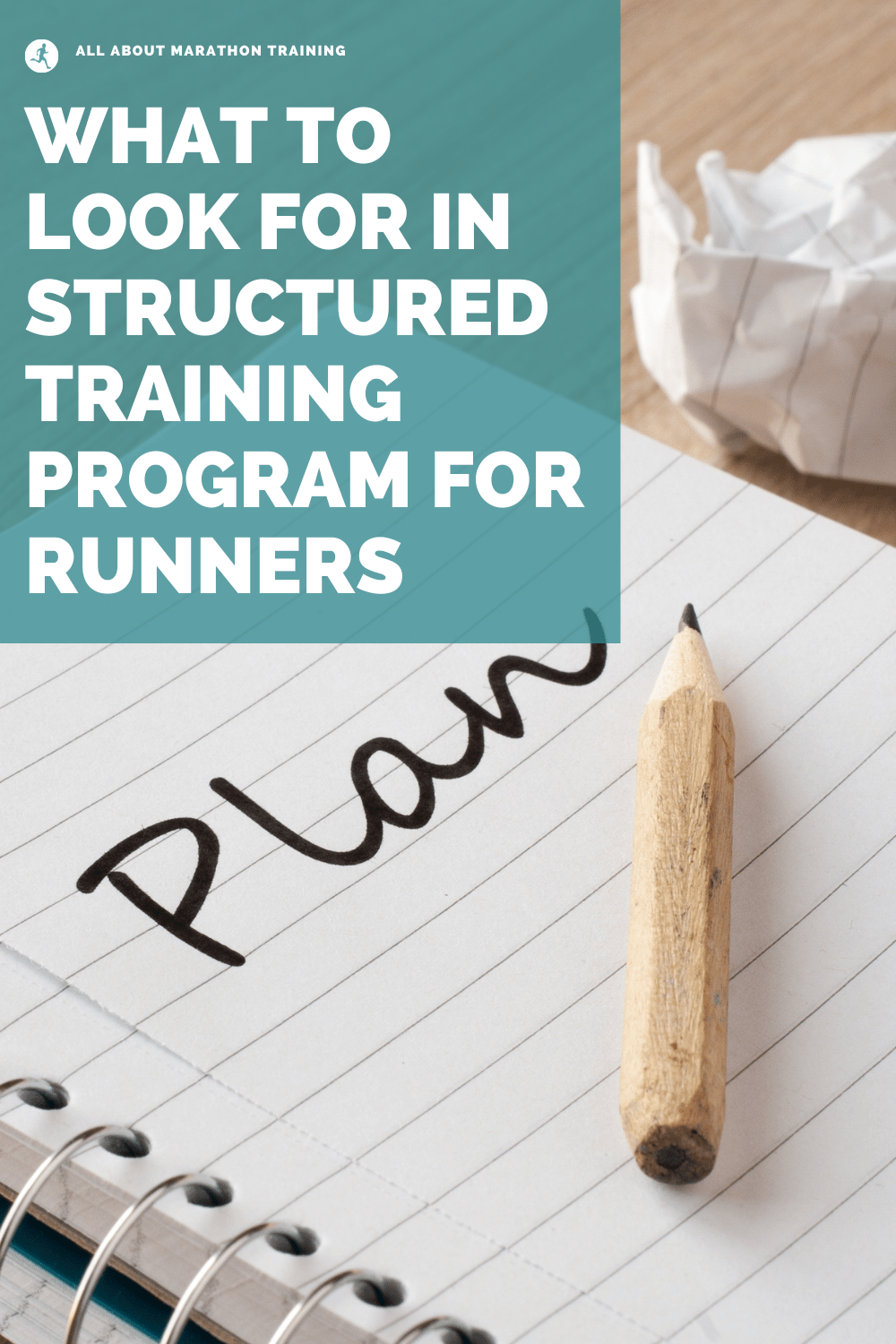From Couch to Marathon Training - A Plan to Get You on the Run
Hey all of you couch potatoes, loafers, shirkers or whatever name it is that you call yourselves: are you ready to do something about your dormant lifestyle?
Well, I’m with you there!
Even though it might seem mind-boggling, going from your comfy sofa to running your first marathon it can be done so stick with me!
Yes, you’ll need commitment, dedication and a structured plan to achieve this challenge but I know you can do it and I’m here to assist!
This comprehensive guide will provide the essential key elements as you venture into preparing for a marathon.
So let’s get you out the door and on the road to success! You’ve got this!
1) First - Assess Your Current Physical Abilities and Prepare Mentally
Physical Assessment
If you are unsure about your physical capability of being able to run without accruing health issues, checking with a healthcare professional may be best. The vigorous intensity of running may be too much activity for some people.
Getting your doctor’s okay not only provides you with a professional assessment but it will give you confidence that you’re capable of this admirable undertaking.
Or, for a DIY approach and to gauge whether you really need to check in with your doctor, use this physical activity readiness questionnaire to help determine your, uhm, readiness.

Mental Preparation
Although right now you might be enthused about your new lofty goal, this enthusiasm is going to wane at times. Be prepared by learning some beneficial mental tactics that will come in handy all the time but especially on those really tough days.
Mental preparation is huge for success. It is well known in the running world that marathon running is really 20% physical and 80% mental and believe me, this is very true.
It is imperative that a strong mindset is established to combat any negative thoughts. Need more convincing? My Mental Training for Runners post will do just that!
To get you underway to tackle the mental challenges encountered both during training and on race day itself, set realistic goals and rely on your training plan, employ positive self-talk, and practice visualizing your success.
To further defeat the doubts and increase positive outlook, I strongly recommend you partake in my Mindset Training for Marathoners Plan which will help develop your mental mindset. I came up with this program because once upon a time, I, too, struggled mentally in reaching my marathon goals.
It’s best to get started now preparing mentally!
2) Next - Create a Personal Doable Schedule
More than likely you’ll need to allow adequate time to build up stamina and physique to complete a marathon. To be realistic in your time-frame, figure your timeline based on the following:
Your age
If you’re older, you may want to allow more time to train. The challenge of running a marathon puts your body under stress. Having time to gradually adapt will minimize the impact of training.

Your current fitness level
It is essential that you ease into training to avoid injuries. The best way to do this is by building a foundation before beginning a training plan. How long it takes to build a good running base really depends on your current fitness level.
Roughly, if you can run training consistently for at least 3 months up to about 6 months, you should then be ready to begin a marathon training plan. (Below you’ll find more on building a foundation so no worries if you feel lost. -And you’ll find more about choosing a training plan as well!)

Your lifestyle
A family, job, and other commitments will be key factors in determining how much time you’ll be able to dedicate to training.
If you are able to train 5 to 6 days each week, you have the potential to get by with less overall training time than if you only have 3 days per week to train. Having less days means more weeks of training will be needed to build endurance.

Once you figure out a realistic, estimated time frame using the above criteria, you now need to determine how long you should give to the actual marathon training.
I suggest that since you’re going from couch to a 26.2 race you should consider following a training plan that is at least 32 weeks in duration. My extremely popular, ultimate training guide, the 32 Week Marathon Training Plan is great for this purpose.
(Note that even though this 32 week plan incorporates some foundation building in the first few weeks, you’ll still want an additional couple of months to really build your foundation. So don’t forget to tack on more time for this on the front end.)
For those of you new runners who want to keep things realistic and allow for those moments when life gets out of control, consider training for 52 weeks. This might seem like a long time, however, a year to train lightens the load and takes off some of the pressure. It gives you plenty of time to gradually build by initially starting out with some shorter runs that incorporate easy training runs to gradually running longer distances.
I’ve got you covered there too with my 52 Week Marathon Training Schedule. This plan breaks down your weekly mileage into bite-sized goals that gradually helps you build up to first the 5K distance, then 10K, followed by the half marathon and then to the marathon.
Yes, you get the joy of running races (if you choose to) with these various distances!
Choosing either of these plans breaks your training down into manageable segments. You’re continuing to build a solid running base using a slow and steady progression so you're not going to be given more than you can handle. Progression gradually continues all throughout these plans ensuring you are ready come race day. -And if you do get bogged down with life, you can always tweak your plan.
But don’t sweat it out yet about choosing a specific plan. At this point, you’re just trying to determine how many training weeks you should allow so you have a race day to aim for. (There’s more below about picking the right plan so don’t worry about this yet.)
Once you’ve determined all of the above, you can find a race you’d like to register for that's far enough out for you to prepare.
Now let’s get into the nitty-gritty of actually making this happen!
Or if you want to cut straight to the marathon plans...here are 2 for you!
👇2 COUCH TO MARATHON PLANS FOR YOU!
3) Building a Foundation
As mentioned above, beginner runners or those of you who have no running fitness behind you, need to prepare by incorporating base or functional training before beginning a marathon training program.
Getting Started
To get started, basically, you just need to get out there and start running! (Although it’s fairly easy to figure out how to “get out there and start running”, here’s additional guidance in this guide!)
Ideally, you want your body adapted to running at least 3 to about 5 times per week.
IF YOU KNOW THAT YOU CANNOT PHYSICALLY RUN AT ALL OR ONLY FOR A COUPLE MINUTES THEN FOLLOW THESE GUIDELINES:
1. Start walking at least 3 times a week
2. Bump this up to 4 times when you are ready.
3. When you are comfortable with walking multiple times a week then start to implement run/walking.

WHAT IS RUN/WALKING?
I have a whole guide just on run/walking right here!
However, in a nutshell this is what run/walking consists of.
Run/walking is walking for a couple of minutes and then running for a couple of minutes.
The goal is to increase the duration of your running segment and decrease the duration of your walking segment until you can consistently run and get rid of the walking portion.
For example:
Walk for 4 minutes, run for 1 minute.
When this is beginning to feel comfortable to you, start walking for 3 minutes and running at an average pace for 2 minutes.
Eventually start walking for 2 minutes and running for 3 minutes, etc.
Of course many marathoners will run/walk their marathons so maybe this is the style of running you will want to stick with while you are training.
Once you can do this, then you are ready to start increasing the duration of your runs - but this doesn’t mean to go for a time goal. Just try to run for a longer period of time.
When you reach the point of being able to run/walk or run 30 minutes without stopping, go ahead and start focusing on your mileage.
This would also be a good time to sign up for some shorter distance races or even start my 52 week plan I mentioned above as it has races spread throughout it making it a very easy plan to follow.
Of course you can always implement shorter races on your own.

SETTING SHORTER RACE DISTANCE GOALS
The 5K is a perfect goal for someone working with a couch to marathon goal.
Completing a 10K is definitely a big deal for those who have never run 6 miles!
A half marathon will take a bit more training time but will help to calm the overwhelm that a runner might have towards running a full marathon.
Crossing a half marathon finish line will usually help a runner to see that training and running a marathon is an achievable goal!
Don't feel like you must run in a half marathon race though before the marathon.
If you are getting your long runs done, properly fueling your body and have a positive outlook then you will do just fine in the marathon race without this stepping stone.
The gist of all this is to implement gradual incremental increases in distance and intensity - all at a comfortable pace. New runners shouldn’t be focusing on speed but rather on building endurance and completing the distance.

What to Watch Out for as you Begin Building Your Foundation
Keep in mind that although you’ll start with some easy runs, initially you will experience some discomfort and pain - mainly during the first few weeks. Soreness and fatigue are to be expected but persevere.
Pushing through the discomfort is necessary, however, with that said, do be mindful of possible injuries. You don’t want to run when injured.
To determine if your pain is normal, it’s a good idea to find someone who currently runs to discuss your discomforts with. For obvious injuries, medical attention may have to be sought. Here is my guide to navigating running injuries + the most common ones runners suffer from.

4) Picking a Structured Training Plan
Once you have given time to building some endurance, you are now ready to start a structured plan.
STRUCTURED TRAINING PLAN
Your marathon plan is truly the backbone of your journey to endurance building. Make sure your plan is tailored to your goals and current fitness level and provides a regular running schedule. The following factors should be included:
1. Moderated Progression
To escape from injuries and overtraining, gradually increase mileage as well as intensity.
2. Variety
Having a mix of training components in your plan will ensure improvement in both endurance and stamina.
Easy runs, tempo runs, interval workouts and long runs should all be included.
Supplementing with other activities (cross training) will help maintain cardiovascular fitness while providing a break from the impact of running and make you a better runner.
As a general rule, for cross training, choose activities that complement your fitness level and running goals such as swimming, cycling and strength workouts.
Strength training exercises that target the glutes, core and legs are especially valuable at enhancing your overall running efficiency.
3. Rest and Recovery:
Your plan needs to incorporate rest days to allow for recovery and to adapt to the training stimulus.
And really and truly, keep in mind, by choosing either my 32 week plan or my 52 week plan you will have a complete plan that includes all you need for success.
👇2 COUCH TO MARATHON PLANS FOR YOU!
5) Starting Your Marathon Training
After having decided on a marathon training plan, the following guidance will help in implementation of that plan.
Establish Consistency
Establishing a consistent routine sets you up for success. As best as possible, stick to your training plan. Only make adjustments when life throws you a curveball!
Of course, the unexpected will happen so try to formulate a potential plan to help navigate unpredictable occurrences. For example, block out an extra few hours each week where nothing is scheduled. Use this time as a backup for the unforeseen.

Nutrition and Hydration
The most important things that need to be consistent throughout in order to get to the marathon startling line is to implement proper nutrition and hydration. A balanced diet will support your training and keep you at your healthiest to be able to cope throughout this journey.
My Marathon Nutrition: Your Guide to Eating Well is a great read to help you with this important component. I also have this “Eat Like a Marathoner Nutrition Course” that will really ensure that you’re taking all the correct measures in fueling your body for this distance!
And, of course, it’s essential that you also focus on hydration. That should go without saying!
6) Ensuring Success
Prevent Injuries
To create a fun, smooth transition and optimize your training, be in tune with body signals in order to take action as soon as possible.
Injuries manifest themselves in a variety of ways.
Being familiar with symptoms will enable you to act quickly to remedy any problems before they become too serious.

Use the Right Gear
Although it’s not absolutely necessary to clothe in the latest and greatest apparel, some fabrics and materials will make your training session more comfortable. (Running apparel also aids in motivation to get out there and run!)
This “17 Best Marathon Training Gear Pieces for Running” post is a helpful guide for choosing apparel (as well as other running gadgets)!
However, when it comes to your running shoes, this is an area that does need special attention to contribute to a successful experience.
This “The Best Running Shoes for Long Distance Runners” article is a great aide for choosing the right ones.

Join a Running Community
Few things motivate and provide encouragement more than your community running group.
Don’t have one? Start one! Not only will you find inspiration from fellow runners by sharing experiences and tips, but the accountability aspect will go a long way.
-And if you like to do things virtually, partake in a virtual running group to connect with other beginner runners.
7) Overcoming Challenges
Physical Challenges
Your physical challenges will be minimized by cultivating a patient and consistent approach along with dedication to self-care.
Mental Hurdles
Remember that mental preparedness talk above? As the weeks drag on and the going gets rough, don’t forget to employ mental tactics. Coping with self-doubt and anxiety due to the training regimen can prompt discouragement and take the fun out of the process.
Having a positive mindset and engaging in some self-talk will help you especially during these trying times.
Check out some of these running motivation tips to combat these doldrums. It’s best to train yourself mentally from the get go but if you haven’t, it’s not too late any time throughout your program and will do you a world of good.
Keep focusing on how far you’ve come. Persevere so resilience and endurance can be built. Celebrate the small victories to build confidence and provide motivation.
8) Preparing for Race Day
Pre-Marathon
With the weeks of rigorous training coming to an end, it’s time to focus on race day.
When still a few weeks from race day, while maintaining your fitness level, start tapering your workout to allow your body to recover.
Also keep in mind that your nutrition and hydration are paramount at this point to secure optimal performance on race day.
Additionally, to minimize stress before heading to the start line, figure out the logistics such as transportation and accommodations and race-day attire.
All of this and more is covered in my article “Race Day: How to Get It Done & Enjoy the Process”.

Post-Marathon
Congratulations! You have crossed the marathon finish line! You can now claim to be a marathon finisher!
Your couch no longer calls your name - but maybe the Boston Marathon does! Hang on! Before even thinking about that, attention needs to be given to your recovery!
Recovery begins as soon as you finish your race. Yes, even recovery should be planned!
Immediately replenishing your body is essential. Start by hydrating with water or a sports drink to replace all of the lost fluids and electrolytes.
Stretching gently will also be beneficial to help prevent stiffness and get you on the road to recovery faster.
Keep up the good nutrition habits that got you this far. A balanced meal that contains carbs, protein and healthy fats helps to restore those depleted energy levels while supporting muscle repair.
Here’s more info on marathon recovery and what to expect.
Wondering how long it will take to recover? This resource will fill you in.

👇2 Couch to Marathon Plans for you!
9) Conclusion
It is an incredible accomplishment to go from couch to running a marathon and with dedication, perseverance and a well-structured plan, you can achieve this lofty goal!
Progress will be gradual and your running journey challenging at times but with a supportive plan, the right mindset and commitment, you can do this!
Enjoy the process, celebrate any milestones along the way and relish in the joy of crossing that finish line for the first time!
Running Resources
Following are links to some useful posts that will help you on this journey:
The Best Stretches for Runners
9 Tips to Build Endurance and Stamina as a Runner
5 Things You Really Sign Up For When You Sign Up for a Race
Week Before Marathon: What You Need to be Doing During the Week and the Day Before
How Do You Keep a Running Log?
Related Pages:
👋Sign up to receive the free printable strength exercises for runners: 👇
 |
Your second block of text...
As featured on:















New! Comments
Have your say about what you just read! Leave me a comment in the box below.